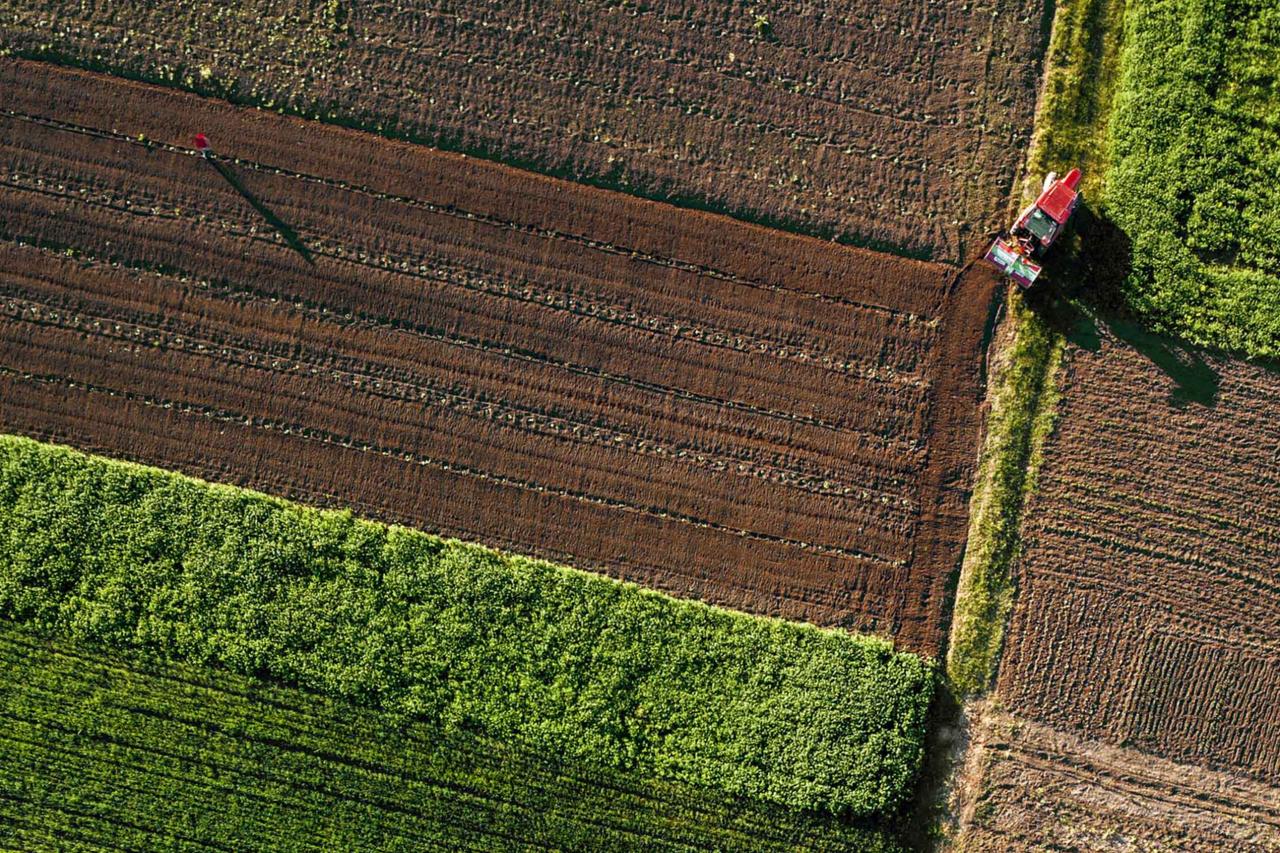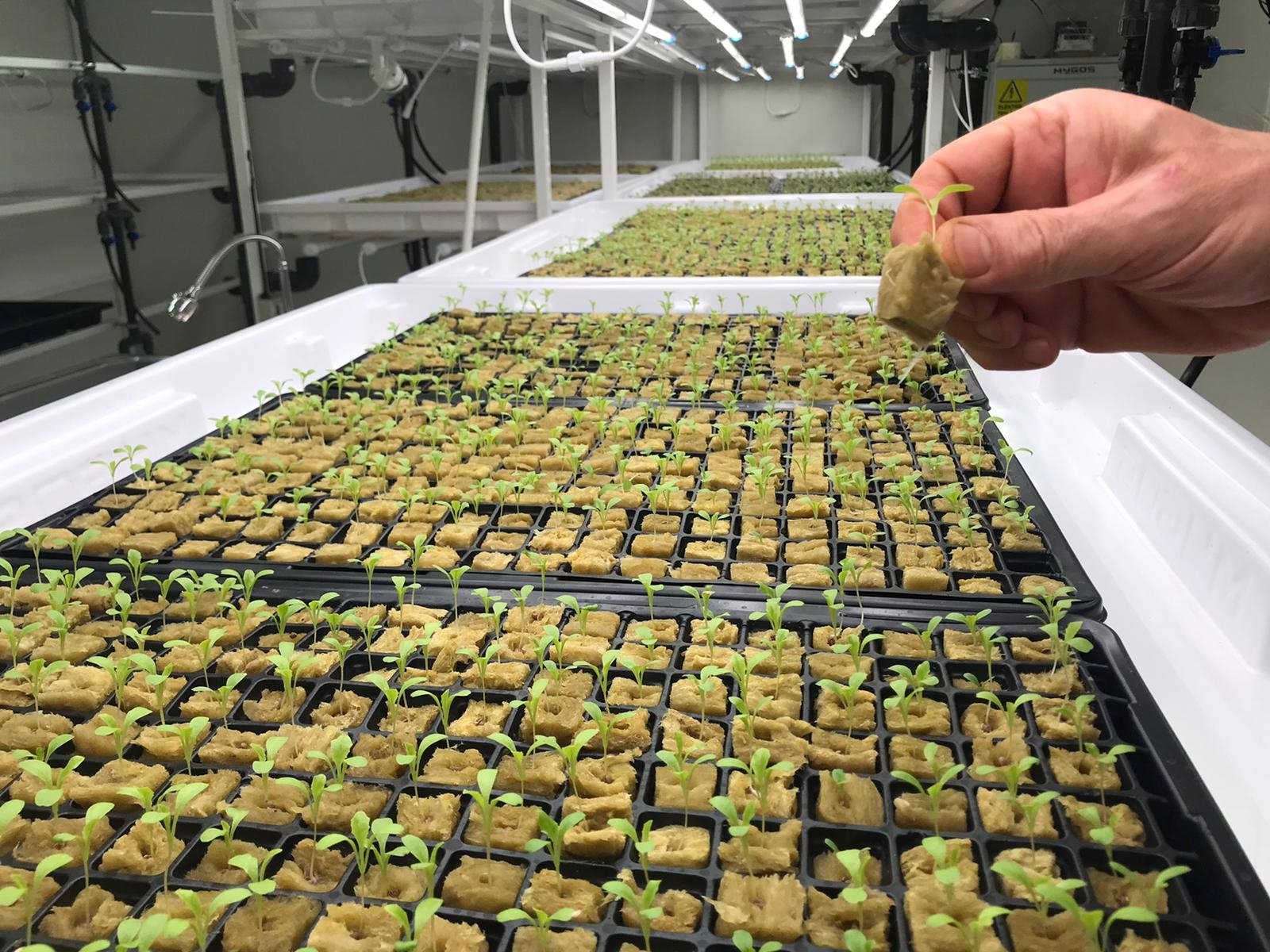
Türkiye has begun rolling out a comprehensive agricultural policy overhaul, following months of preparatory work since the adoption of 86 strategic decisions at the 4th Agriculture and Forestry Council earlier in 2025. As the first pilot projects launch across rural provinces and ministries move to align regulations with the new framework, the country’s five-year agricultural roadmap is shifting from planning to practice.
The strategy, described by officials as central to Türkiye’s “Century of Abundance,” reflects the government’s expanding view of agriculture as a matter of national security.
With food prices still volatile, water stress increasing, and EU trade conditions tightening, Ankara is moving to assert more control over its agri-food system through land arrangements, advanced technologies, and tighter integration with global standards.

At the heart of the new plan is a production planning model intended to shape how Türkiye uses its farmland and water resources. The government aims to incentivize the cultivation of water-efficient crops, reduce the country’s reliance on imported staples, and bring idle lands back into active use. Currently, 2.94 million hectares of agricultural land across the country remain uncultivated.
The strategy also promotes the expansion of domestic production for strategic crops and livestock products. Officials expect these moves to help Türkiye better absorb disruptions from climate events, pandemics, or geopolitical crises.
In parallel, emergency response frameworks are being developed to ensure the continuity of essential food supply chains during major disasters, such as earthquakes or health emergencies.
Digital transformation forms a central pillar of the AFC’s vision. Ankara plans to establish a nationwide observation network using satellites and artificial intelligence to monitor production cycles, forecast yields, and detect environmental risks.
These digital platforms will also be used to support agricultural insurance systems, with AI and satellite data integrated into damage assessments and policy design.
A National Digital Agriculture Data Bank is expected to anchor these innovations. In addition to aggregating data for policymakers, the bank will serve as the backbone for blockchain-based systems designed to ensure transparency and traceability from farm to market. Authorities are also working to develop blockchain-driven direct sales platforms, which would allow producers to bypass intermediaries and reach consumers directly.
Digital literacy programs will accompany the rollout, offering farmers training in new technologies and platforms. In the long term, the government hopes to reduce both transaction costs and information asymmetries that continue to burden Türkiye’s rural economy.

The new roadmap identifies agricultural trade and branding as key tools in Türkiye’s bid to increase global market share. Export strategies will focus on highly competitive surplus crops, particularly those that can be converted into value-added goods.
Simultaneously, Türkiye is moving to align its regulatory frameworks with the European Union’s Green Deal, a prerequisite for continued access to EU markets under the Customs Union agreement.
The Ministry of Agriculture and Forestry is expected to take the lead in revisiting the Customs Union’s trade regime for agricultural products. Among other changes, officials plan to re-evaluate the list of products covered, update tariff policies, and pursue harmonization with the EU Common Agricultural Policy.
Agricultural diplomacy is also receiving institutional investment. The roadmap calls for the creation of regional and international agricultural platforms centered in Türkiye, alongside training programs to develop a pool of diplomatic and technical personnel capable of engaging in global food governance.
With climate pressures intensifying, the AFC’s decisions prioritize efficient use of land and water. Pressurized irrigation systems will be expanded nationwide in a bid to raise efficiency to 60% by 2030. In tandem, Türkiye is revising its water legislation, including long-pending updates to the Water Law and Flood Law, to reduce water loss in drinking networks from 32% to 25% and strengthen national flood forecasting systems.
Land ownership and usage will also undergo significant legal reform. New inheritance law regulations are designed to curb land fragmentation, while land consolidation projects are being revived. Authorities plan to increase the use of land banking systems, allowing producers to lease underutilized public lands for agriculture.
Soil conservation, minimum tillage techniques, and improved use of organic fertilizers also feature prominently. In rural areas, new planning mechanisms will replace administrative boundaries with basin-based models that take ecological conditions into account.

One of the more striking features of the five-year roadmap is its embrace of non-traditional agricultural models. Urban agriculture, once a fringe topic, now holds a central place in the government’s development plans. Local authorities will partner with the central government to activate idle urban plots for agricultural use.
Vertical farming is expected to receive financial and regulatory support, while geothermal zones in western Türkiye are being targeted for soilless farming systems such as hydroponic greenhouse cultivation.
These shifts are driven by both climate considerations and the search for new production zones closer to urban centers.
To facilitate innovation, authorities plan to establish agriculture-oriented technology development zones and dedicated R&D centers. These institutions will support clustering in agri-industrial supply chains and accelerate the adoption of emerging production technologies.
The roadmap introduces a series of policies aimed at protecting and empowering small producers, a politically sensitive and economically essential segment of the nation. The government is revisiting the land leasing system to make public land more accessible to smallholders. It also plans to develop cooperative finance mechanisms, including new guarantee funds and financing models tailored to rural enterprises.
In the livestock sector, Ankara aims to increase the share of small ruminant meat production and reintroduce native cattle breeds with better disease resistance and environmental adaptability.
In the five years ahead, “Shepherd Training Academies” will be established to strengthen the rural labor force and ensure a pipeline of skilled workers.
Additionally, digital marketplaces for meat and dairy products will be rolled out, using blockchain tools to reduce intermediary margins and increase transparency. These are part of a wider attempt to create short and local supply chains less vulnerable to global disruptions.
On the administrative side, coordination between ministries and municipalities will be crucial.
From jointly managing idle urban lands for food production to synchronizing agricultural data platforms, Türkiye’s plans require an even more integrated policy environment.